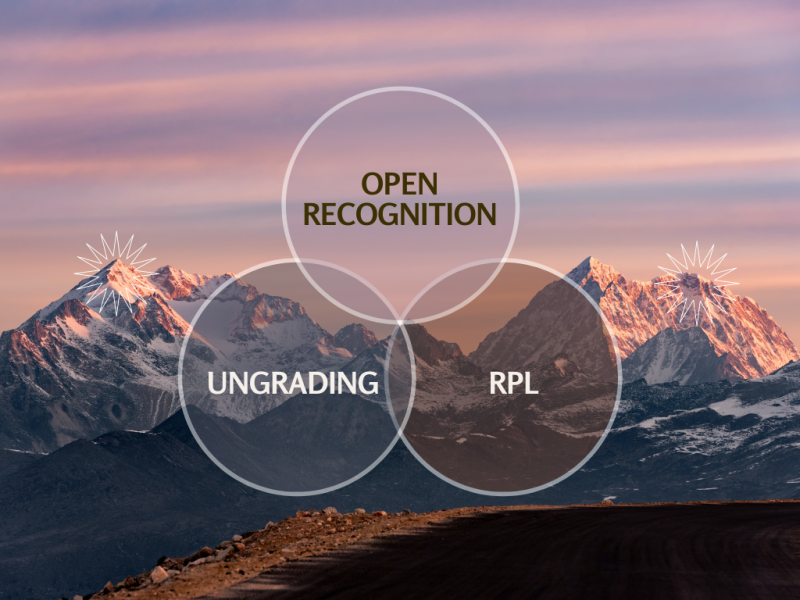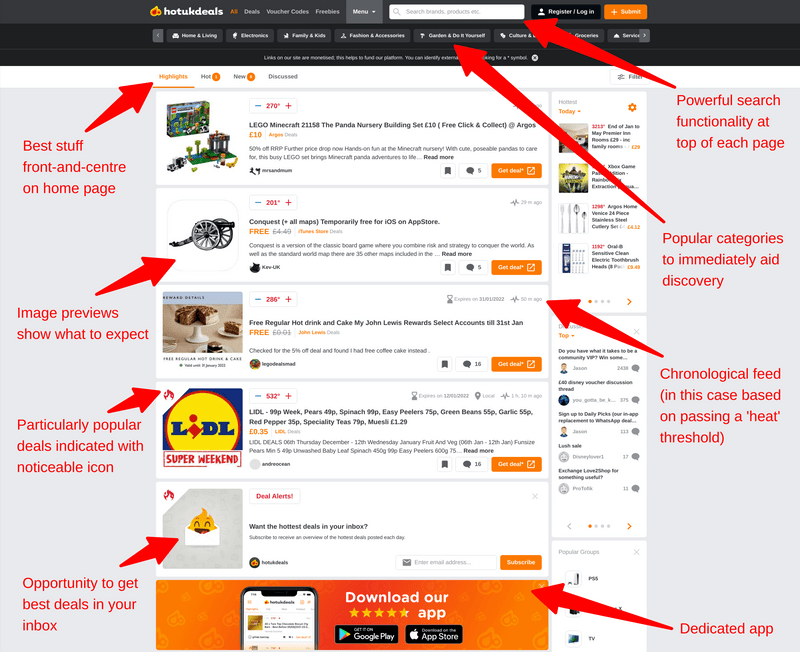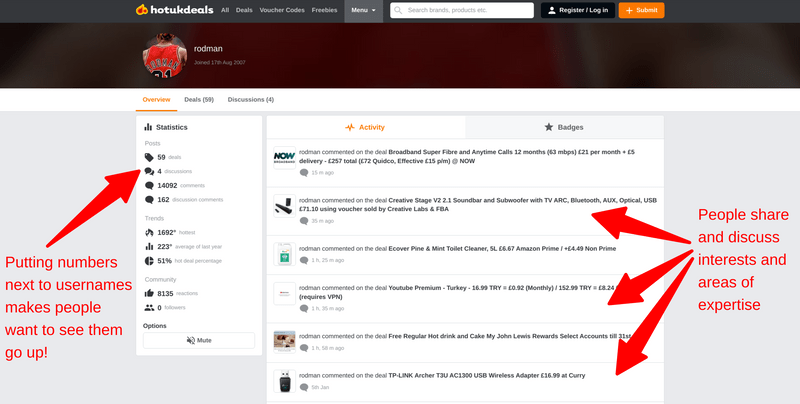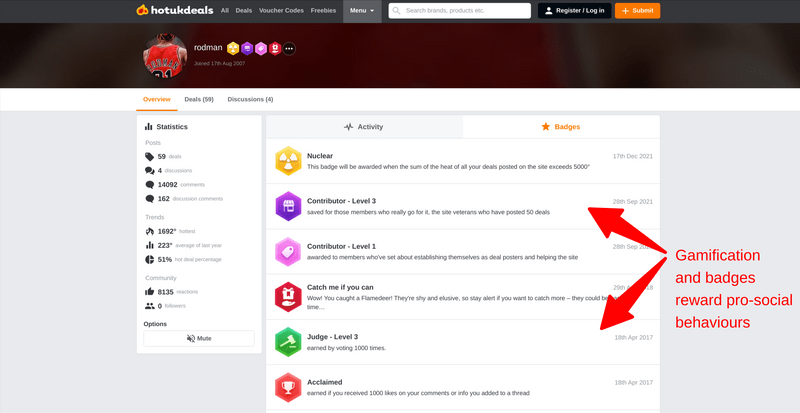Climbing the Mountain of Assessment: Comparing Ungrading, Open Recognition, and RPL
Note: cross-posted at LinkedIn

Ungrading, Open Recognition, and Recognition of Prior Learning (RPL) are distinct yet related ways of improving the assessment of learning. At a time when assessment is in the spotlight due to advances in AI technologies, it’s worth exploring their similarities and differences — as well as how they can be used together.
Let’s explore this further using one of my favourite metaphors: walking in the mountains ⛰️
Ungrading is akin to focusing on the process of learning, rather than the outcome. It’s like a Sherpa guiding a climber up a mountain, emphasising the skills and knowledge developed along the way rather than simply reaching the summit. Through ungrading, educators can provide personalized feedback and support that allows students to reflect on and improve their learning journey.
Open Recognition, in contrast, is like providing multiple paths to the summit. It’s like creating a mountain range with different peaks, each representing a different set of skills or knowledge. This approach allows individuals to showcase their competencies and achievements in ways that are recognised across different contexts, such as earning badges that demonstrate their skills.
RPL is like mapping out the best route to the summit. It’s like a mountaineering guide who takes the time to understand each climber’s abilities and experiences, and then tailors a plan that meets their specific needs. Through recognising prior learning, individuals can receive credit for their existing knowledge and skills, and identify the most efficient and effective way to reach their goals.
So, in summary, while ungrading emphasises the process of learning, Open Recognition offers multiple paths to its recognition, and RPL focuses on customising the learning journey. By using (and potentially combining) these approaches to assessment, educators can improve the quality of learning and recognition in a variety of contexts.
Background image to Venn diagram by Jerry Zhang




